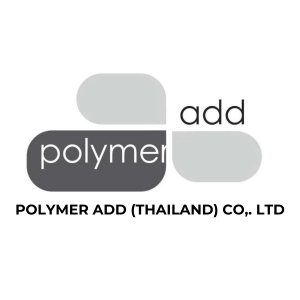Thermoset polyester resins can be hydroxyl- or carboxyl-terminated, each type offering distinct properties and applications due to the chemical end groups present.
Hydroxyl-Terminated Polyester Resin
This type has hydroxyl (-OH) groups at the ends of the polymer chains, making it reactive towards isocyanates. These resins are often used in polyurethane systems or crosslinked coatings, adhesives, and elastomers. The hydroxyl groups react with isocyanates to form urethane linkages, resulting in materials with enhanced flexibility, impact resistance, and overall durability.
Carboxyl-Terminated Polyester Resin
This type has carboxyl (-COOH) groups at the chain ends, allowing for reactivity with epoxy resins, amines, or other crosslinking agents. Carboxyl-terminated polyesters are frequently used in powder coatings, adhesives, and structural composites. The carboxyl groups help create highly crosslinked networks when cured, offering high heat resistance, chemical resistance, and rigidity in the final product.
Both types of resins are valued in industries that require strong, durable, and chemically resistant materials. The choice between hydroxyl and carboxyl termination often depends on the desired crosslinking method, flexibility, and application environment.
